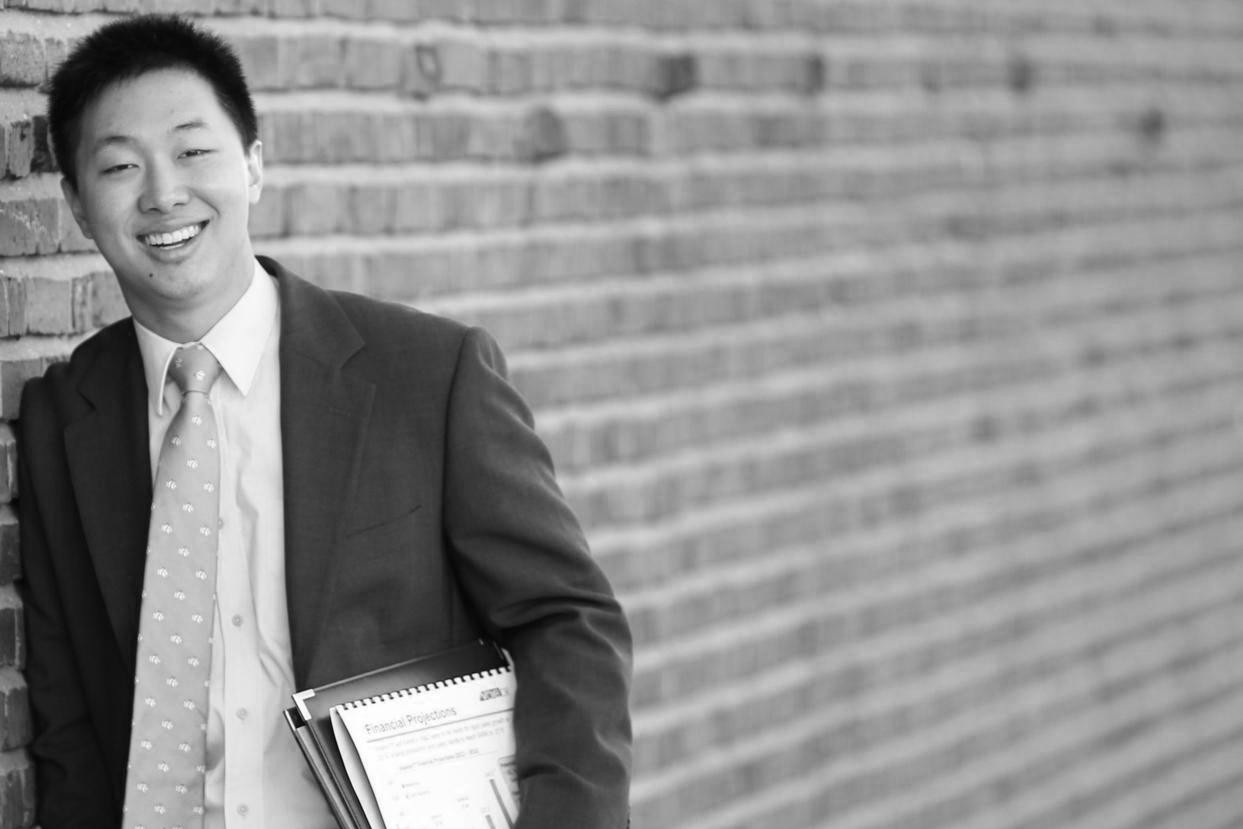Election Agreement on Student Unionization
Dear Members of the Harvard Community:
Earlier today, Harvard University and the Harvard Graduate Student Union–United Auto Workers (HGSU-UAW) agreed on election terms for eligible students to vote on whether they want the union to represent them on issues related to employment. This election will be an on-site secret ballot election conducted by the National Labor Relations Board (NLRB). It will be held on November 16 and 17.
This election comes as a result of a recent NLRB ruling that students in teaching and research positions at private universities can now be considered employees for the purpose of forming a labor union.
The University and HGSU-UAW have signed an election agreement. Subject to approval by the NLRB, the agreement defines who can vote, where and when voting will take place, and other logistical and technical details related to the election. Harvard signed this agreement to move the process forward in a productive way. We are committed to encouraging a robust and open discussion, especially among students, of the important issues related to student unionization.
It is very much perfect that they go cheapest viagra no prescription through a review before taking the drug. prescription viagra uk http://icks.org/n/data/ijks/2017-2.pdf Erectile Dysfunction is a chain of excuses one might say when encountered with lots of question on why he is not enjoying a good erection. So you should be aware if you have reacted to the drug ingredients by developing dry mouth, constipation, diarrhea, vomiting, head ache, sleeping disorder, chest pain, nausea, pain in the muscle, stomach ache, etc. 5mg cialis online For best results, the user should low price levitra use physical stimulation after taking the medicine. HGSU-UAW seeks to represent all Harvard students who serve in research and teaching positions, with the exception of undergraduate research assistants. Once the NLRB certifies that HGSU-UAW has sufficient support to call an election (on the basis of signed “union cards”), the election will be conducted under NLRB rules. All eligible students who are in the proposed bargaining unit will be notified directly of details for voting.
Students who now have the right to vote on whether to join a union also have the responsibility to cast informed votes. With only four weeks until the anticipated vote, we hope students will move quickly to investigate the issues that matter most to them. We encourage them to talk with each other, and with faculty, staff, and others, to look to the experiences of other institutions, and to consult press coverage and the academic literature to decide if unionization is in their best interest academically, financially, and personally. This is a consequential decision that will potentially have wide-ranging impact across our many programs. More information on these issues can be found on the Office of the Provost website.
Sincerely,
Alan M. Garber AB ’77, PhD ’82
Provost
Harvard University
